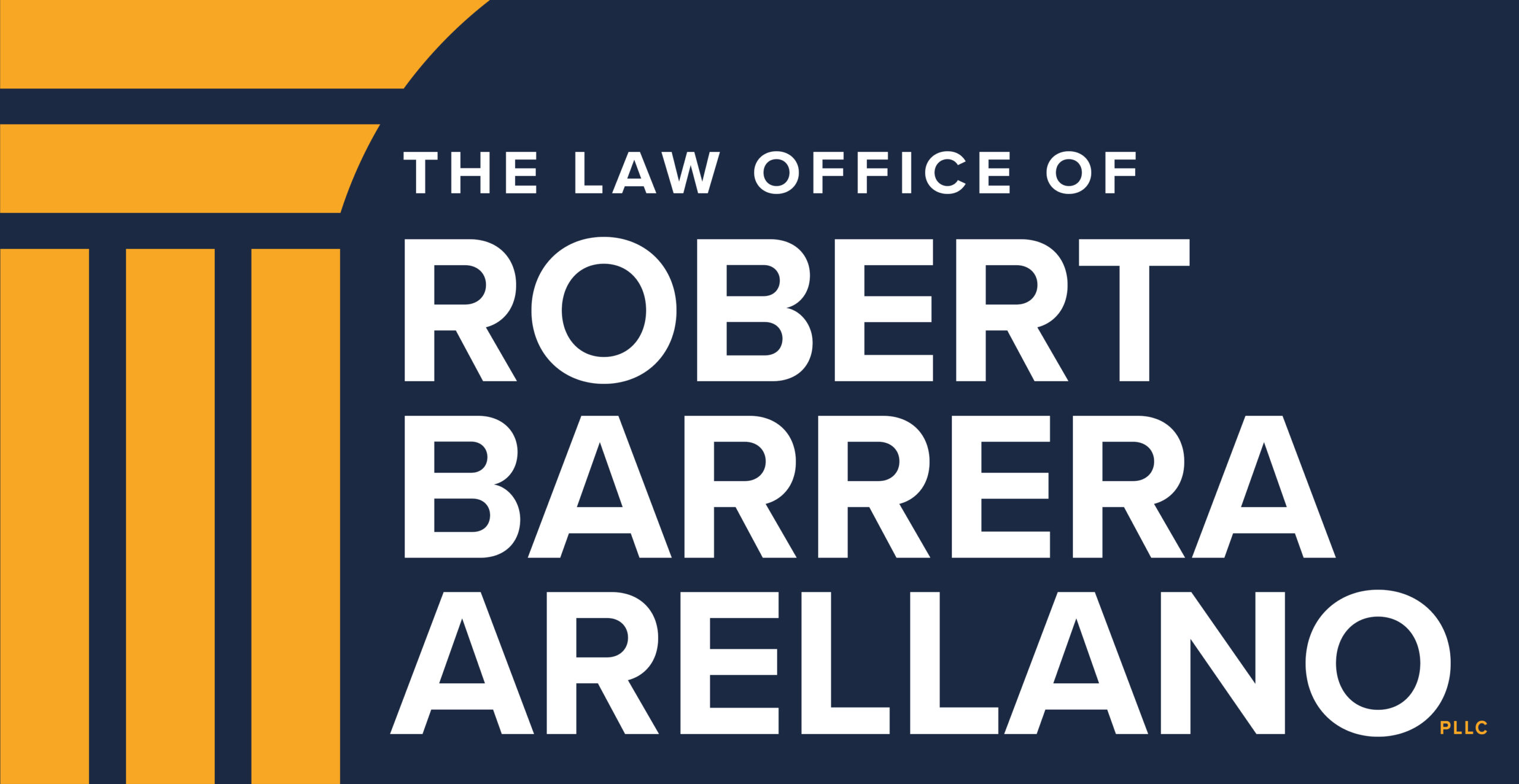
Juvenile Crimes Blog
Who is Considered a Juvenile in Texas?
In Texas, a person is considered a juvenile if they are between the ages of 10 and 17 at the time of the offense. Once someone turns 18, they are tried in the adult system, regardless of the crime.
Minors younger than 10 who break the law are not placed in the juvenile justice system but may be referred to social services or other intervention programs.
How Juvenile Cases Begin
When a minor is suspected of committing an offense, law enforcement officers decide whether to:
Issue a warning and release the juvenile
Take the juvenile to a detention center
Refer the case to juvenile court
If detained, the child’s parents or guardians are notified, and the legal process begins.
The Juvenile Court Process in Texas
Intake and Diversion Programs
At intake, an officer or probation officer will assess the case to determine if it should proceed to court. Some first-time or low-level offenders may qualify for diversion programs, which allow them to complete rehabilitation requirements without facing formal charges.
Detention Hearings
If a juvenile is held in custody, they must have a detention hearing within two business days. A judge will decide if they should be released or remain in detention. Factors considered include:
Severity of the offense
Past criminal history
Risk to the community
Formal Charges and Petition Filing
If the case moves forward, prosecutors will decide whether to file formal charges. A petition is filed with the court, outlining the alleged offense. Unlike adult court, juveniles do not have a jury trial; a judge decides the outcome.
Legal Rights of Juveniles in Texas
Juveniles have legal rights similar to adults, including:
Right to an attorney – If a family cannot afford a lawyer, the court will appoint one.
Right to remain silent – Juveniles do not have to answer police questions.
Right to parental notification – Parents must be informed when their child is detained.
Confidentiality protections – Juvenile records are typically sealed to protect their future opportunities.
Possible Outcomes in Juvenile Cases
Deferred Prosecution Programs
Some juveniles may avoid a criminal record through deferred prosecution. This program involves completing probation-like conditions, such as community service, counseling, or educational programs. If completed successfully, the case is dismissed.
Court Adjudication and Sentencing
If a judge finds the juvenile responsible for the offense, possible penalties include:
Probation
Fines or restitution to victims
Counseling or rehabilitation programs
Placement in a juvenile detention facility
The goal is to rehabilitate, not to punish. However, for serious offenses, juveniles may face harsher penalties.
Juvenile Records and Sealing Options
A juvenile record can impact future education and job opportunities. However, in Texas, juveniles may qualify for record sealing, meaning their criminal history is not publicly accessible. This depends on the severity of the offense and completion of court requirements.
The Role of a Juvenile Defense Attorney
A juvenile lawyer is essential in protecting the rights and future of young offenders. Attorney Robert Barrera Arellano has years of experience navigating the Texas juvenile justice system and helping families secure the best possible outcome.
The Texas juvenile justice system is designed to help minors learn from their mistakes rather than face lifelong consequences. However, without proper legal representation, a juvenile case can still have serious repercussions. If your child is facing charges, contact Attorney Robert Barrera Arellano today for expert legal guidance. The right legal defense can make all the difference in securing a positive future.

Yes, in serious cases such as violent crimes, Texas law allows juveniles as young as 14 to be certified as adults and transferred to adult court.
Common offenses include shoplifting, drug possession, vandalism, assault, and underage drinking.
While parents are notified and encouraged to be involved, legal proceedings can continue even if a parent is absent.
Most juvenile records can be sealed at age 18 if the individual meets certain conditions, such as avoiding further legal trouble.
Remain calm, contact an attorney immediately, and advise your child to remain silent until legal counsel is present.